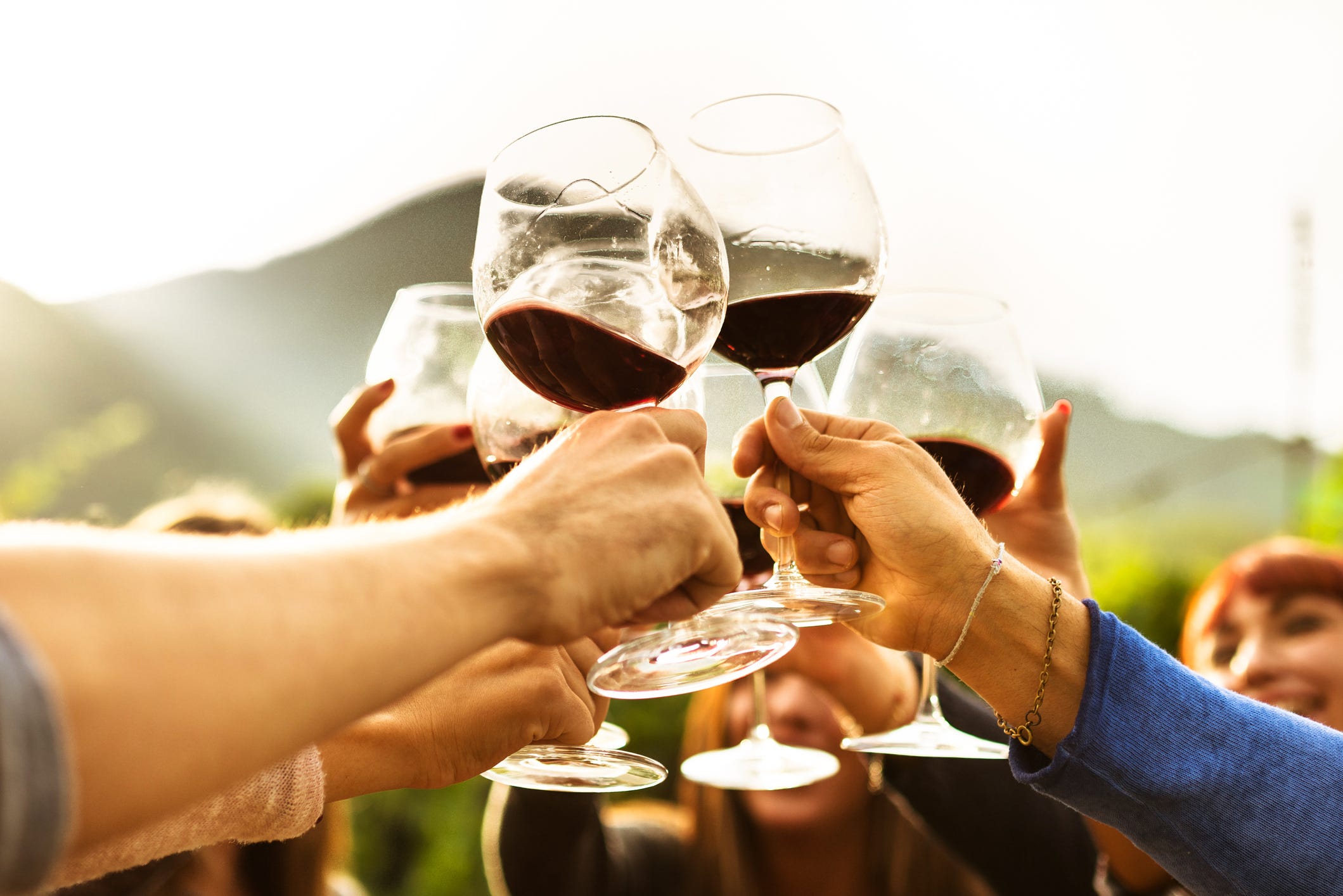Berita Anda, Halo Pengunjung blog dimanapun anda berada semoga kalian tetap dalam keadaan sehat, saat ini anda sedang membaca Artikel dengan judul Robert Russell: What you should know about a changing wide world of wine - Shreveport Times, semoga bermanfaat dan selamat membaca

Having covered many different containers for wine just a few months ago, one would have thought that issue behind us.
As of June 30, Ellie Douglas, of Decanter Magazine from Great Britain, notes that a paper bottle is in the market now.
Known as the frugal bottle, it is up to five times lighter than a traditional glass bottle. A company called Frugalpac makes it from recycled paperboard. It is in part an attempt to shrink the carbon footprint of the wine industry.
This product estimates to be six times more carbon friendly than traditional bottles.
The bottle is made of 95% recycled paper with the remainder including a plastic bag liner, not unlike that in boxed wines. The bottle first released with an award-winning Italian Sangiovese, Cantina Goccia. That company website notes that it is comparable in cost to a labeled glass bottle, and less expensive to ship.The construction provides some insulation for the wine at picnics, and your nosy neighbors do not hear it clink when you drop it in the recycling can.
Part of the environmental advantage to a paper bottle is the reduced energy used in manufacturing and eventually recycling -- in the United States the rate of recycling reaches about 33% compared to 90% in Europe.
Both processes require around 2,500-3,000° Fahrenheit to melt glass. Shipping is also more expensive, in fact, many European wines import to the United States in shipping containers in giant plastic bladders. A 20-foot container can hold up to 24 tons of wine.
The wine, finally bottled in places like California or New York, with significant shipping savings, can allow one to avoid our newly instituted and rather onerous 25% tariff.
Wine on tap is gaining in popularity in the United States. Many house wines in France have served from tapped kegs for years. The benefits include “faster service, smoother operations, improved bottom lines, and a dramatically decreased carbon footprint,” according to the drinks online magazine, Seven Fifty Daily.
Plastic containers are somewhat porous, and do not insulate from oxidation, like a glass bottle. The bags are fitted with an absorber on the interior to control oxygen. This allows the wine a shelf life of perhaps two years.
Since most bottles of wine are finished relatively soon after purchase, for the masses, this is not a problem. The paper bottle, as it exists, currently is not a candidate for age worthy wines like Bordeaux or Burgundy. With estimates of world wine consumption over 30 billion glass bottles per year, the environment savings is potentially significant.
Closer to home, one of the aspects of the wine industry not often thought about is the sales of wine from winery tasting rooms, both by the bottle and by wine club delivery.
Lettie Teague of the Wall Street Journal recently covered this topic. She noted that in the past there were few rules. Nowadays, with COVID-19, there is a new sheriff in town.
Serious tasters do not swallow the wine they are evaluating. They swirl, swizzle and spit, into a small barrel or cup. This allows a serious taster to sample many wines in a day, without dulling senses and tastes; however, spitting has become verboten in many states.
Social distancing is such, that in high volume tourist areas, it is best to make a reservation. Many have moved tasting tables outside, and some even have secured the tables to prevent rambunctious social drift -- since we are talking about alcohol consumption. Masks are required to enter a facility, but removed once seated at a table.
Some tasting facilities require a temperature check, and many request visitors sign a contact-tracing sheet, in case someone is later found infected from the date of your visit. These rules are not universal and one should research destinations in advance.
Creatively, in Washington State, Chateau St. Michelle is going to space tasters over much of its excess acreage, supplying picnic baskets with blankets for sitting and sipping. They too intend to have cabanas to rent for food and beverage enjoyment.
Expect others to follow.
Francis Ford Coppola made a conspiracy-minded film that became a classic in 1974's, "The Conversation.'' Jeremy Repanich, of the Robb Report, notes that in this culturally experimental environment, he is offering the opportunity to discuss the film with him in August, online after a showing. Kind of like a Zoom meeting with a celebrity, during
quarantine. The $800 offer includes 24 bottles from his Sonoma winery, a signed copy of the screenplay, and the live, online group conversation with the director about the movie.
Stay healthy, and Cheers
You can reach Robert Russell at rob@rlr-appraisals.com
"wine" - Google News
August 13, 2020 at 06:04AM
https://ift.tt/2DUYjlg
Robert Russell: What you should know about a changing wide world of wine - Shreveport Times
"wine" - Google News
https://ift.tt/3d98ONZ
https://ift.tt/2KTSYuD
Wine
Thanks for reading Robert Russell: What you should know about a changing wide world of wine - Shreveport Times. Please share...!


0 Komentar untuk "Robert Russell: What you should know about a changing wide world of wine - Shreveport Times"